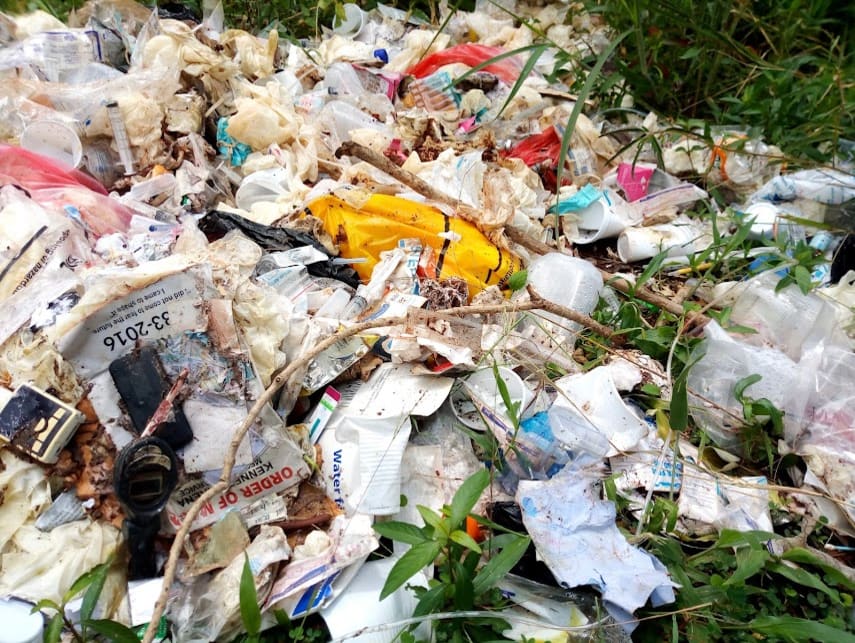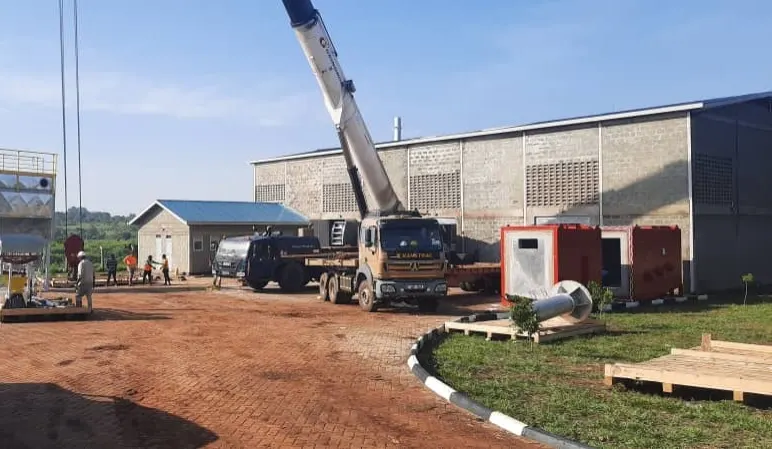
Lira City health officials, in collaboration with Uganda Health Activity (UHA), are addressing critical gaps in medical waste management. Recent inspections revealed a lack of incinerators in private health facilities, leading to improper disposal practices.
The absence of specific regulations and a unified approach across districts pose challenges, as current legal frameworks fall short in ensuring a duty of care for healthcare waste management. Residents near health facilities complain about foul smells from burning and rotting waste.
To tackle these issues, a Shs 2.4 billion regional medical waste incinerator is near completion at the Aler Waste Compost Plant. This collaborative effort by the Ministry of Health and the Global Fund aims to centralize waste collection and ensure safer disposal practices.
Dr. Patrick Buchan Ocen anticipates the incinerator’s effectiveness in managing highly infectious waste. The move is expected to alleviate current struggles due to a lack of incinerators and inadequate waste transport means.
The environmentally conscious approach places the incinerator away from residential areas, offering relief from poisonous gas emissions. Leonard Otika, Lira City Environmental Officer, envisions reduced careless disposal and potential revenue generation for the city through charges on private facilities using the incinerator.
As construction progresses, the incinerator promises a safer, more sustainable solution to healthcare waste management, ensuring the well-being of patients and the broader community.
WLEDE continues to play a vital role in transforming communities for sustainable development.


![Women Leadership Development [WLEDE]](https://wlede.org/wp-content/themes/kipya/images/logo-WLEDE.png
)





